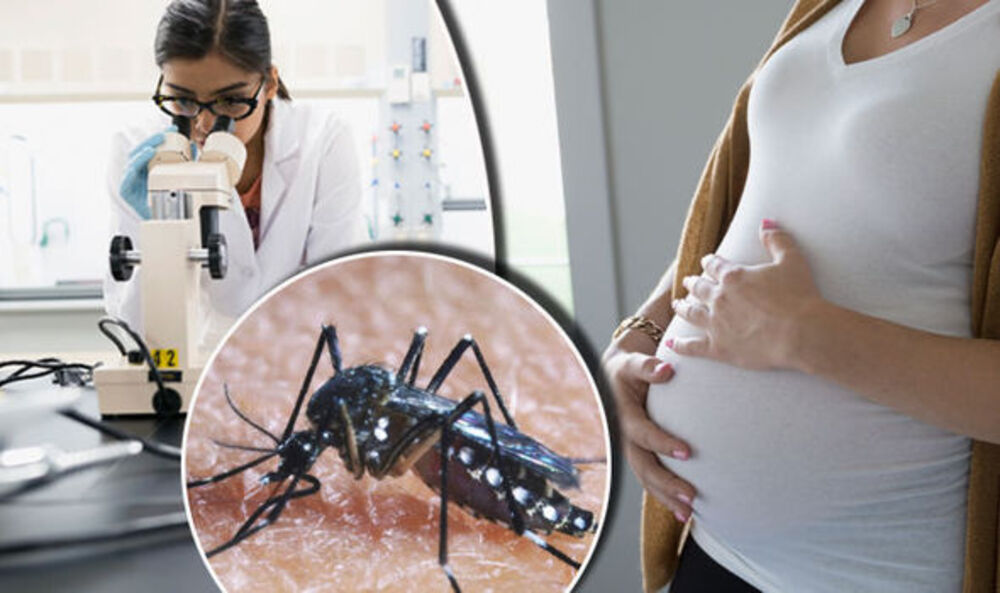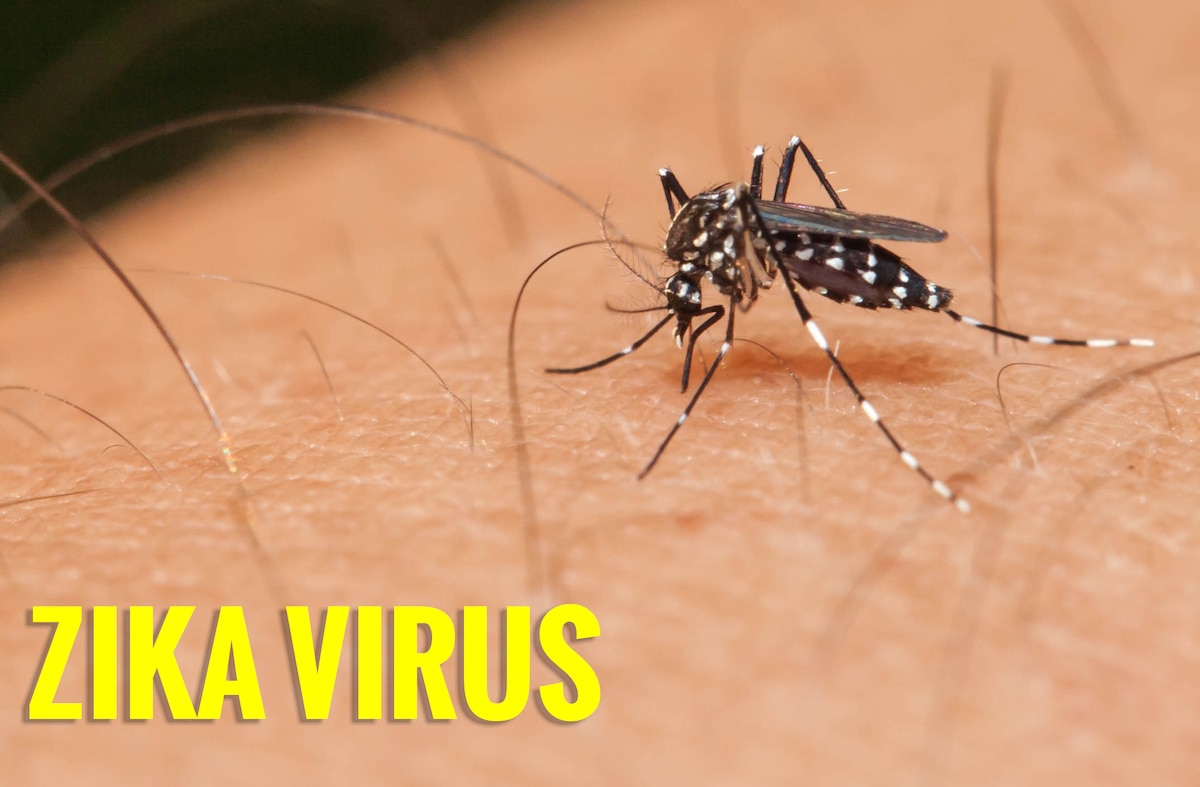Thailand’s western province of Prachuap Khiri Khan has identified six cases of the Zika virus, which has prompted a public health alert for residents. Public health officials to warn residents about the potential hazards of Zika and to fumigate stagnant water and residential areas in order to eliminate mosquito larvae.
Both dengue fever and Zika share the vector of transmission through mosquitoes, according to Anurat Song-in, a local public health office representative.
Zika poses a significant hazard, especially for expectant women, due to its established association with microcephaly, a critical neurological anomaly that hampers pediatric development.
Individuals who are not pregnant may experience headaches, muscle fatigue, joint pain, skin rashes, and pinkeye (conjunctivitis), all of which align with the clinical manifestations associated with dengue fever.
Those experiencing these symptoms are advised to seek immediate medical attention in order to obtain a diagnosis, and to refrain from using any over-the-counter medications.
Zika Virus in Thailand: Understanding the Risks and Precautions
Thailand, a popular travel destination known for its cultural diversity and natural beauty, has also been associated with certain infectious disease risks. One such concern is the Zika virus, which has been a topic of interest for travelers navigating health precautions during their visit to the country.
The Zika Virus: What You Need to Know
The Zika virus is primarily transmitted through the bite of an infected Aedes species mosquito. While most cases of Zika virus infection are asymptomatic, some individuals may experience mild symptoms such as fever, rash, joint pain, or conjunctivitis. However, the most concerning aspect of Zika virus infection is its potential impact on pregnant women, as it has been linked to birth defects such as microcephaly.
Zika Virus in Thailand
Thailand has experienced sporadic cases of Zika virus infection in the past. Travelers, especially pregnant women, planning a trip to Thailand should stay informed about the current Zika situation in the country. The Centers for Disease Control and Prevention (CDC) provides comprehensive guidelines and recommendations for travelers to Thailand.
Understanding the Infectious Disease Risks in Thailand
In addition to the Zika virus, travelers to Thailand should also be mindful of other infectious disease risks prevalent in the region.
Vaccination Recommendations
All travelers should ensure that they are up to date on routine vaccinations, including seasonal influenza. Vaccination against hepatitis A and hepatitis B is strongly recommended, and consideration should be given to vaccines for Japanese encephalitis (JE) and typhoid fever based on individual risk factors and travel plans.
Enteric Infections & Diseases
Cholera
While active cholera transmission has been infrequently reported in Thailand, travelers should refer to the CDC Travelers’ Health website for the latest recommendations and precautions.
Travelers’ Diarrhea
Thailand’s renowned street food culture, while offering delicious and diverse culinary experiences, also poses a risk of travelers’ diarrhea due to potential issues with food and water hygiene. Basic food and water safety precautions, such as consuming only thoroughly cooked food and avoiding raw or undercooked items, can help mitigate the risk of foodborne illness.
Staying Healthy While Exploring Thailand
To minimize the risk of infectious diseases, travelers are advised to adhere to proper hygiene practices, consume safe and clean food and water, and consider carrying insect repellent to protect against mosquito bites. Seeking guidance from healthcare professionals and staying updated on travel health advisories can further enhance the travel experience while safeguarding against potential health hazards.
Conclusion
As travelers embark on their journey to explore the cultural richness and natural splendor of Thailand, understanding and addressing potential health risks, including the Zika virus and other infectious diseases, is imperative. By staying informed, taking necessary precautions, and prioritizing health and well-being, travelers can make the most of their visit to Thailand while ensuring a safe and memorable experience.







